[ad_1]
As GCC nationals mark Eid Al Adha this year, some share their stories on the holy festival and how the blockade affected their familial bonds beyond imagination.
Muslims in the Gulf marked the first day of Eid Al Adha on Saturday 9th June.
While, for the most part, Gulf Cooperation Council (GCC)-residing families are celebrating the festival freely by navigating across borders, many still remember the holy celebration between 2017 and 2020, and how it was tainted by bitterness.
7 June 2017 saw the enforcement of an illegal air, land and sea blockade on Qatar by Saudi Arabia, United Arab Emirates, Bahrain, and Egypt.
The embargo had a massive impact, with diplomatic ties broken, imports coming to a halt and nationals of all involved countries bearing the brunt of the political crisis.
Saudi Arabia, UAE, and Bahraini nationals residing in Qatar were given a one to two-week grace period by their home countries to abandon the then-blockaded country. The move forced many employees of Qatari companies, students, family members, and relatives to leave Qatar on short notice.
Individuals studying at Qatar-based universities had to abruptly end their education and leave with no clear path as to when they would be able to continue their studies.
Doha did not block any national from the blockading quartet from coming into the country, staying, or continuing their education.
On 5 January 2021, matters began shifting for the GCC when the Al Ula Agreement was signed, effectively restoring diplomatic and trade ties between Qatar and the blockading quartet.
Some residents in Qatar expressed sadness that during those blockading years they were unable to celebrate one of Islam’s most important holidays with family members and friends, who are nationals or residents in the other countries involved in the dispute.
“The sudden imposition of restrictions impacted thousands of families and individuals across the region who make-up a tight-knit social fabric cutting across national borders,” Amnesty International reported in a detailed statement released in 2017.
The human rights group had called on Saudi Arabia, the UAE, and Bahrain to lift the blockade in order to end the series of “arbitrary restrictions” on families, many of which were divided as a result of the GCC crisis.
The obstruction of man-made borders came second to the diplomatic quarrel for the families living dispersedly in the Persian Gulf.
“Why did families have to get dragged in the middle of higher-up decisions?” Hassan, a Qatari citizen whose extended family lives abroad in Saudi Arabia, told Doha News.
Post-blockade: ‘so close yet so far away’
Remembering the morning of 7th June, Hassan said his immediate family, including himself, were all in shock and short of words for the first few hours of the day.
Phone calls and communication exchanged between his family in Qatar and Saudi Arabia felt more close-knit during the first few days of the event, as it was highly charged by anxiety over the unprecedented and fear of the unknown.
Not knowing what the future holds for their families, Hassan held onto his grandfather’s words of “we’ll meet again inshallah [God willing], this is just like two big brothers fighting.”
His grandfather’s message came from Saudi Arabia, which shares a border with Qatar.
Political decisions from the governments translated into tension among citizens, affecting familial ties too.
Blood relations were not spared, with the anxieties turning into a defence mechanism for many, with some family members living in either of the countries involved, backing their own government.
“I still remember in group chats on WhatsApp some cousins would send anti-Qatar fake news every once in a while and we would either engage in a fight or just leave the group. It created a lot of tension between us.”
Drenched in animosity, conversations post-blockade pushed families further than ever, but this time it was not due to proximity, but to choice.
“It was hard to be honest because my aunt and cousins usually visit during the Eid so when that was limited, it really occurred to us that this [2017 blockade on Qatar] really separated us and we don’t know when we’ll see each other again,” Hassan told Doha News.
As for Maryam, another Qatari national, the blockade affected her family in many ways since half of her family members live in the UAE.
“Whenever my aunt would want to come because my grandmother had health-related issues or whenever there was a wedding or celebration, it would be really heartbreaking for her because they would not grant her permission,” she said.
“So she would move through Oman and then come to Doha and then from Doha go back to Oman then the UAE. She was 65 and she had to do this alone because she’s the only one [in her family in UAE] who holds the [Qatari] passport,” Maryam told Doha News.
Maryam’s aunt found a loophole around the travelling system where she would use her Qatari ID to travel to Oman, as a GCC national can move easily around Gulf states with an ID. With no evidence of a stamp, Maryam’s aunt would go back to the UAE without the authorities knowing of her trip to Doha.
Upon recalling another story, Maryam explained how her friend was denied the ability to attend her grandmother’s funeral in the UAE, as severed diplomatic ties failed to take humanitarian issues into account.
“Her grandmother passed away during the blockade and when she and her family arrived in the UAE’s airport, they did not allow them to go through and were forced to come back to Doha.”
As per Maryam’s account, upon leaving the UAE during blockade times, people had to provide the relevant authorities documents stating that they are allowed to travel to Qatar. This was hard to attain, so many resorted to making a stop in Oman before continuing to Qatar.
Post-Al Ula: ‘time is gold’
The signing of the Al Ula declaration which saw the normalisation of ties between the blockading countries and Qatar coincided with the Covid-19 pandemic, further deepening the separation of families across the Gulf.
Faced with a new challenge, an unprecedented health crisis plagued the world, posing an obstacle in people’s freedom of movement.
“On top of the land, sea and air blockade, we got a health blockade,” Maryam noted.
“Now that we were able to see each other because our countries decided to normalise ties, coronavirus stopped us,” Hassan said, adding that their families were not able to “catch a break” from feeling the absence of one another.
With increasing health and travel restrictions, GCC residents followed strict health protocols in a bid to contain the virus and halt it from spreading.
“I feel like after the Al Ula agreement, even the attitudes changed. They [extended families] don’t post propaganda on social media anymore and our conversations aren’t hostile when it comes to discussing politics,” Maryam told Doha News.
Maintaining a constant travel loop between Qatar and the UAE, Maryam and her family enjoy the free manoeuvring post January 2021, as they can now see one another during Eid.
“Many members from my UAE side of the family are coming for Eid Al Adha and they even came for Eid Al Fitr. The movement is so much easier,” she said.
“Since we were kids, they would always spend the two Eid festivals with us, so it was really hard for both sides of the family to endure the blockading times,” adding that during those times, the two sides of the family did not exchange greetings during the holy event, despite it being a time of close kinship.
“I think in a way, the blockade brought us even closer because it made us realise that time is of the essence and we shouldn’t take family bonds for granted because you never know when is the last time you will see them,” Hassan said.
Emphasised most during Eid, familial ties and its importance marks the occasion for many Muslims across the world.
“So pick up a phone during Eid to greet one another and renew familial bonds. You never know what to expect when you live in a world where even blood-related ties are subjugated to state authorities,” Maryam told Doha News.
[ad_2]
Source link


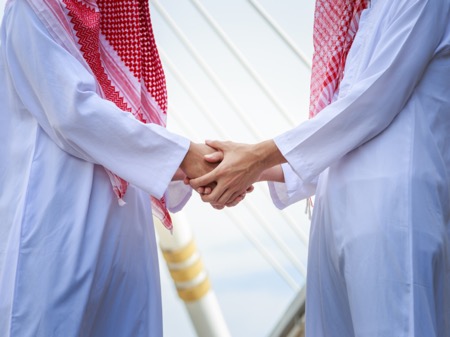
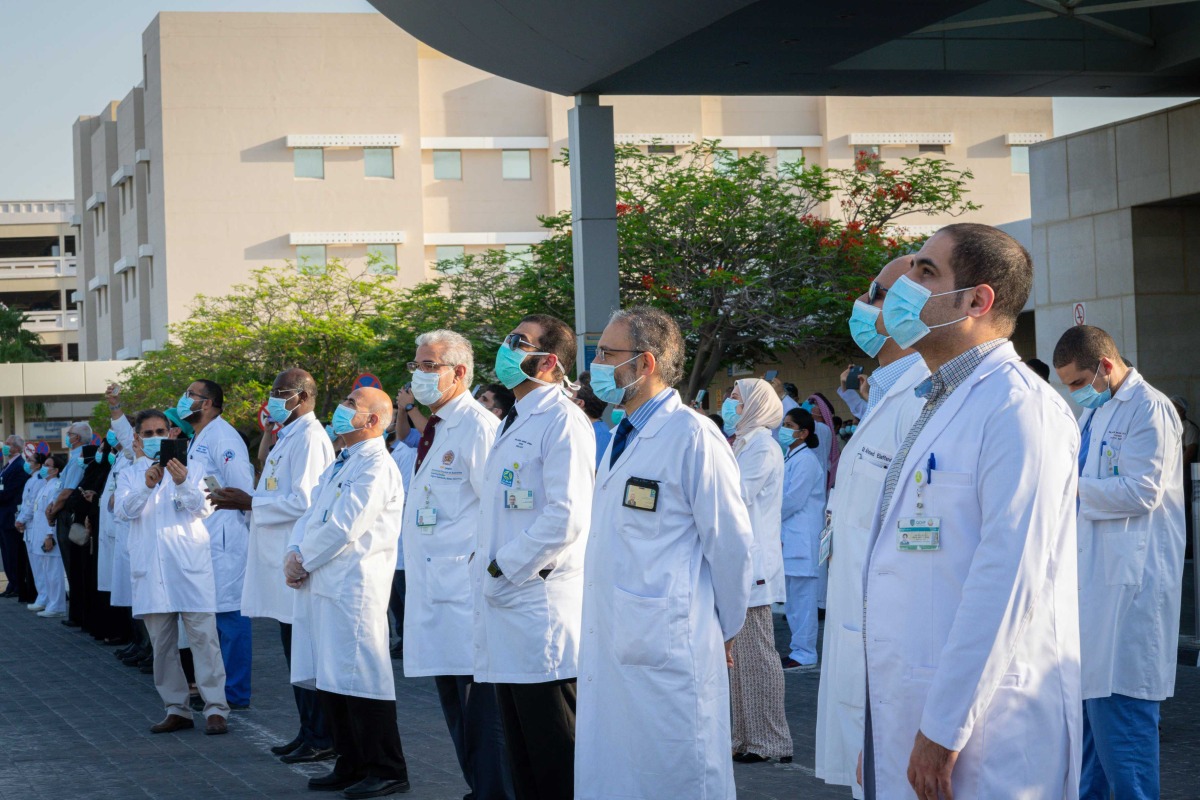
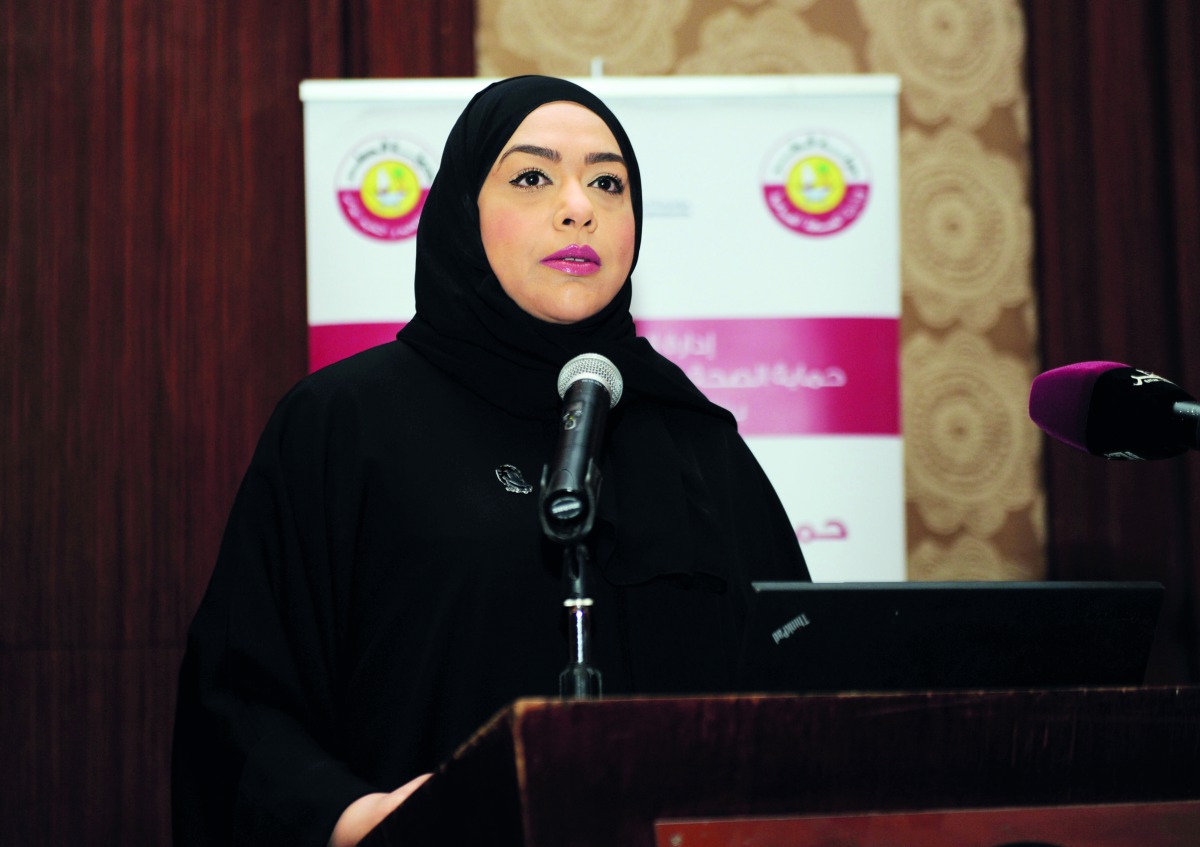
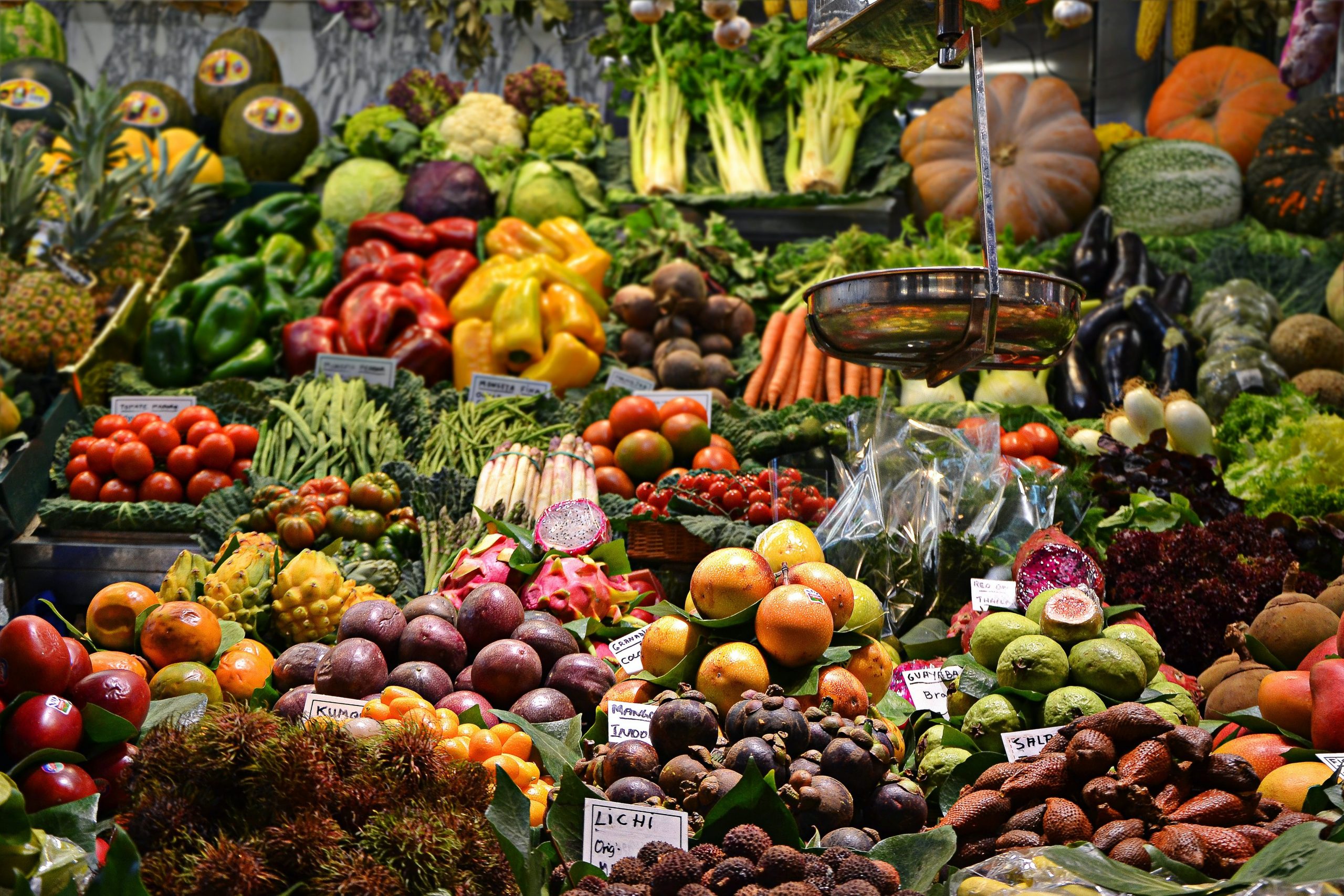

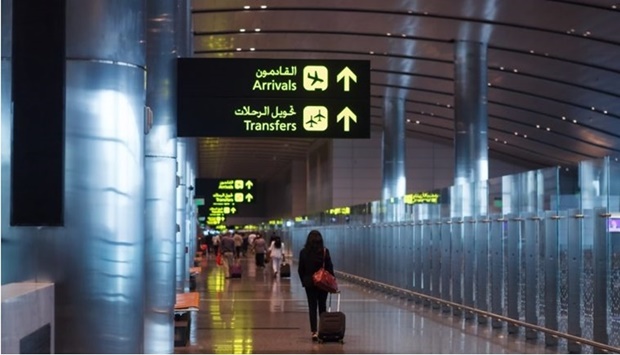
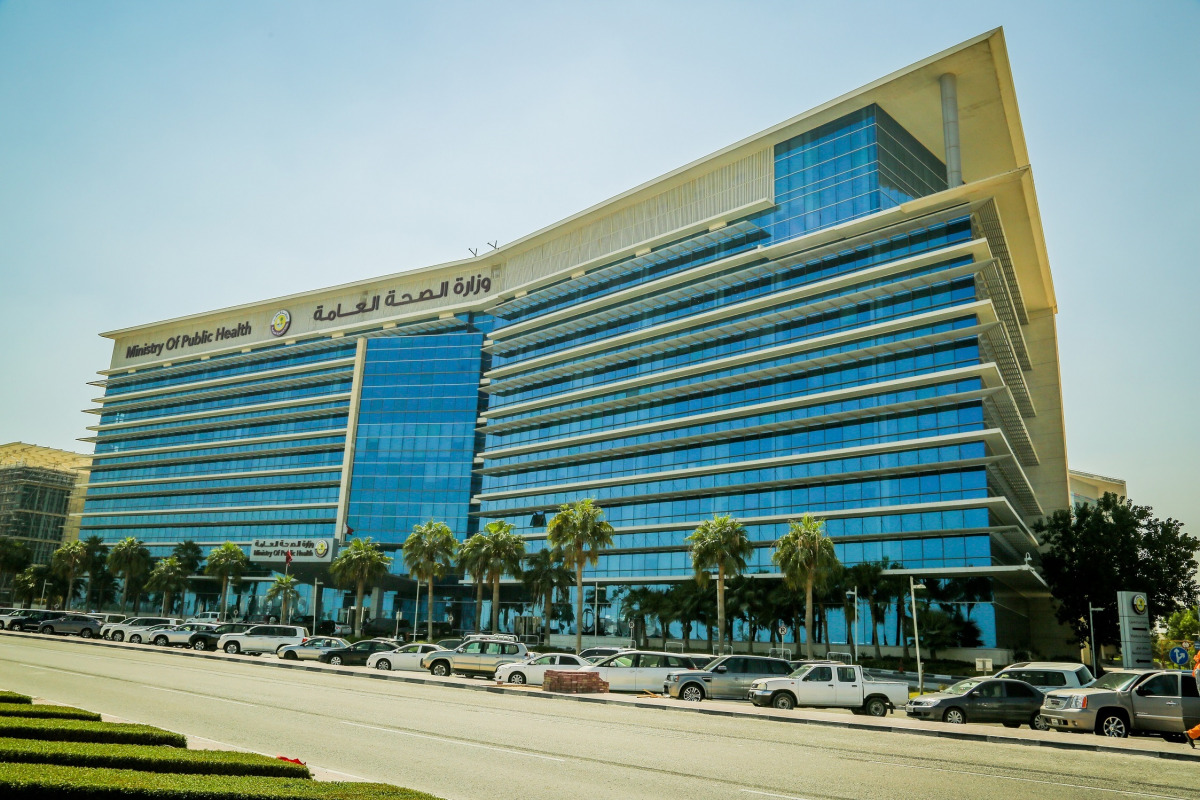
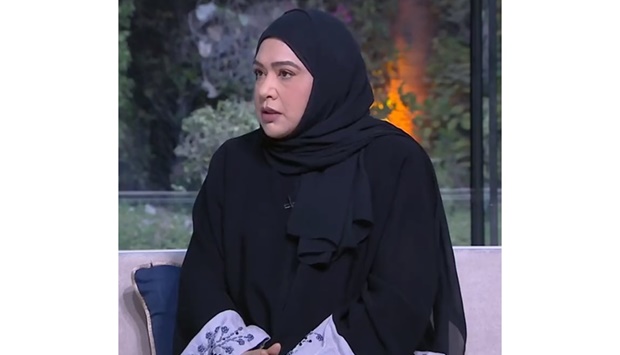

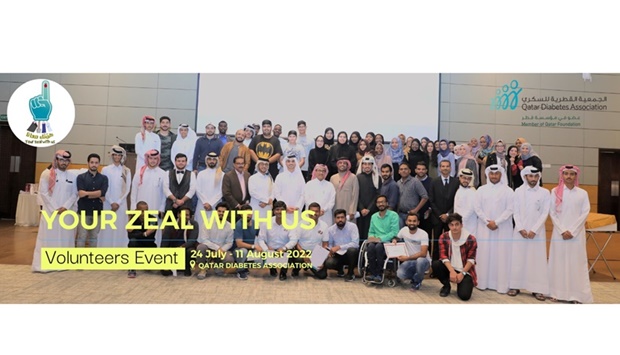





Leave a Reply